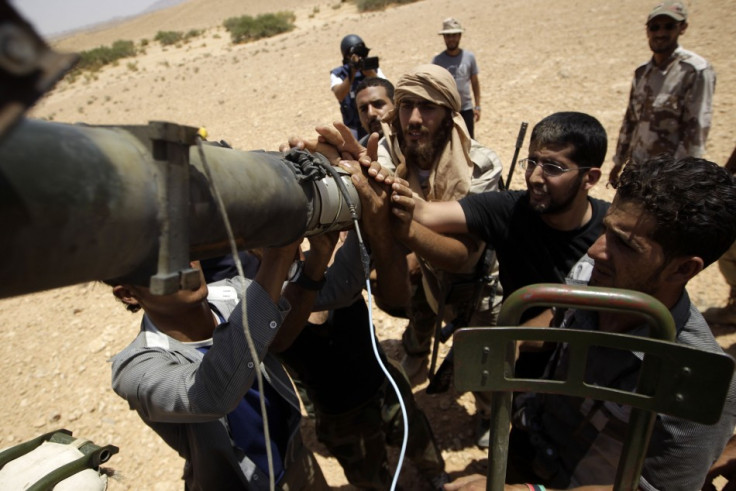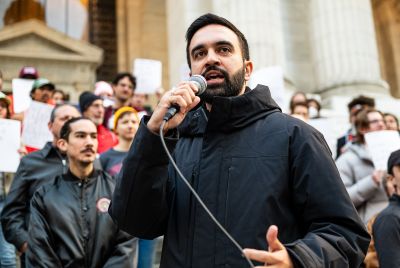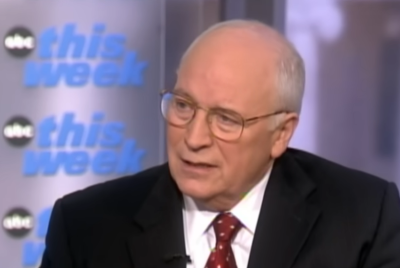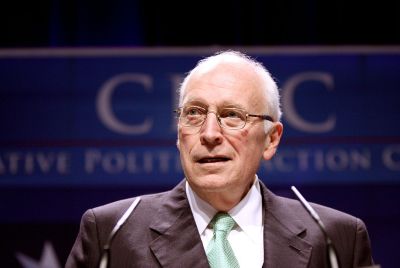Libya: Who Killed Abdel Fattah Younis, the Rebel Leader?

The head of the Libyan rebels' armed forces and two of his aides were killed by gunmen on Thursday.
The head of the rebels' National Transitional Council (NTC), Mustafa Abdul-Jalil, announced the death of Abdel-Fattah Younis at a news conference in the de facto rebel capital, Benghazi,on Thursday.
The death of Younis remains unclear, prompting speculations about whether the NTC leader was killed by Gaddafi loyalists or his own camp.
It was revealed on Thursday that the NTC forces had arrested Younis and two of his aides at their operations room near the rebels' eastern front.
Refusing to divulgate further information, security officials only said at the time, the leader was to be questioned after rebels suspected his family to still be in touch with the Gadhafi camp.
Younis, who was given a top position within the TNC, after defecting the leader's regime, had previously worked with Gadhafi as the interior minister.
During his time as a minister, Younis was by many considered as the number two of the government and one of Gadhafi's closest allies. While analysts and observers have questioned the position given to Younis within the NTC, rebel leaders had insisted he was a legitimate part of their movement.
Providing very few answers, Abdul-Jalil said Younis had been summoned for questioning regarding "a military matter" but that he and his two aides were shot before they arrived for questioning.
Abdul-Jalil called Younis "one of the heroes of the 17th of February revolution," the NTC leader told reporters adding that rebel security had arrested the head of the group behind Younis' killing.
While he criticized Gadhafi for seeking to break the unity of rebel forces, Abdul-Jalil refused to accuse the leader or his forces of killing Younis, instead implying that "armed group" in the rebels cities needed to side with and not against the NTC.
The murder of the NTC military chief came as the rebels launched a military offensive in the west of the country, hoping to make new advances.
Speculations surrounding Younis' death are now rife as observers try to understand who is behind the killings. While most expected the NTC to accuse Gadhafi forces straightway, Abdul-Jalil's reservations led many to question whether he was killed by the rebels themselves.
Due to his pro-Gadhafi background, sources say he was not a unanimously approved figure, and many still distrust him.
Abdul-Jalil, on the other hand, hinted at the presence of "armed Groups", which it seems are neither officially siding with the rebels, nor with Gadhafi's loyalists.
As many analysts have pointed out since the beginning of the conflict in Libya, the opposition was never a homogenous group, but was instead fractioned and divided, with all side competing for political space and influence. Gadhafi ruled his government with a tight grip, and prior to the uprising, most of the opposition figure where forced to exile.
While the NTC, imposed itself on the international scene first as the main opposition to Gadhafi and then as the sole representative of the Libyan rebels, many pointed out that high profile figure of the movement were indeed Gadhafi's close friend and advisers, right until the uprising began.
While the international community has welcomed the NTC with open arms, nothing tell us for sure that the Libyan people are so enthusiastic. While it has made alliances with other opposition movement, other factions are less willing to work so closely with ex-Gadhafi men.
Another problem, this time stemming from countries participating to the NATO operation, is the distribution of arms to the rebels. Far from a well-trained and well-organised army, observers repeatedly pointed out, the movement was made up of civilians, and as the movement needed as many forces as possible, security checks on new recruit were rarely carried out, enabling potential armed group to infiltrate the forces.
The situation in Libya is much more complicated than what is often portrayed by the media and politicians alike. The country is fractured, divided, and with some of the Libyan factions still having links with terrorist group, calling them to side with the rebels is probably not the best idea. Whether Younis death is internal or external to the movement, cracks within the NTC are starting to appear, rendering the future of Libya all the more uncertain.
© Copyright IBTimes 2025. All rights reserved.





















